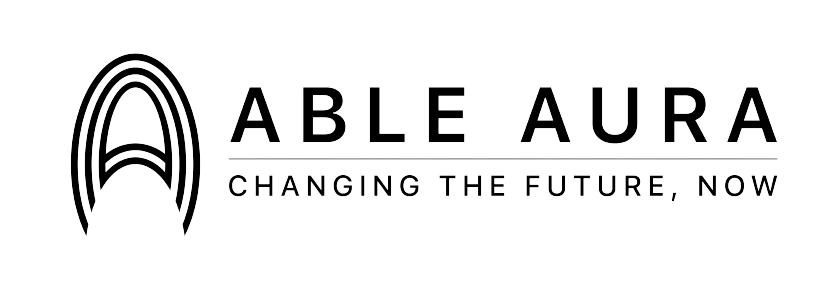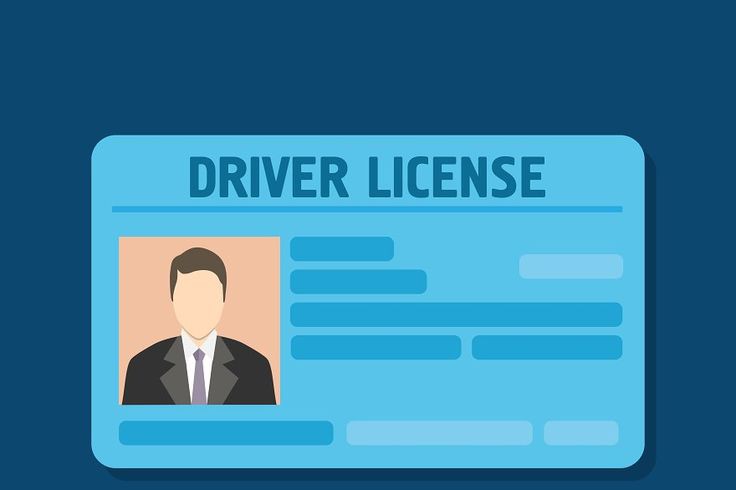Is it possible for a person with disabilities to obtain a driving license in India?
In India, people with disabilities often face many challenges in their day-to-day lives. One of these challenges is mobility, as the public transportation system is not always accessible to people with disabilities. This lack of accessibility can limit their ability to get to work, school, and other important destinations. However, obtaining a driving license may be an option for some people with disabilities to overcome this barrier.
The Motor Vehicles Act, 1988, is the governing law for driving licenses in India. It does not discriminate against people with disabilities, and they are eligible to apply for a driving license like any other citizen. However, there are certain guidelines that need to be followed to ensure that the person with a disability is safe on the road and does not endanger themselves or others.
First and foremost, a person with a disability needs to have a valid learner’s license before applying for a permanent driving license. The applicant will have to undergo a driving test to prove their competency on the road. Depending on the type of disability, the licensing authority may require the person to take additional tests or medical examinations to determine their fitness for driving.
For example, a person with a visual impairment will be required to take a test to assess their visual acuity and field of vision. If the person has a hearing impairment, they may be required to demonstrate their ability to use visual signals for traffic control. People with physical disabilities may need to use adapted vehicles or specialized equipment to operate a vehicle safely. These factors will be taken into consideration during the driving test, and the license will be issued accordingly.
It is also important to note that people with certain disabilities may be restricted from driving altogether. For example, a person with epilepsy, a condition that causes seizures, may not be eligible to obtain a driving license until they are free of seizures for a certain period of time. Similarly, people with certain types of mental illnesses may also be restricted from driving until they have received medical clearance.
In conclusion, people with disabilities in India are eligible to obtain a driving license if they can demonstrate their competency and fitness for driving. The licensing authority takes into consideration the type of disability and any special requirements that may be needed to ensure the person’s safety on the road. Obtaining a driving license can provide people with disabilities with a sense of independence and mobility, allowing them to access work, education, and other opportunities that might otherwise be out of reach.

